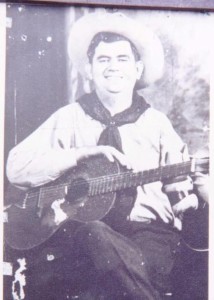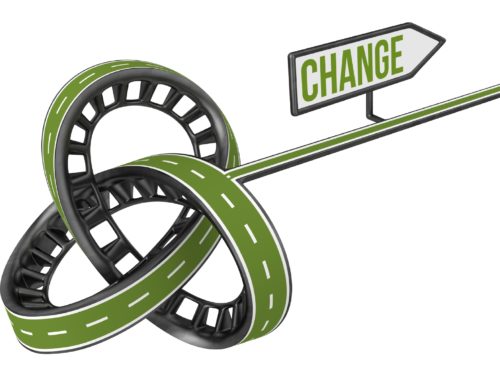Sooner or later you will have to choose—do you take an action that is painful, or do you suffer an even worse consequence by doing nothing?
In your business, it could be the choice to discontinue a key product or service. Apple is famous today for regularly killing products to make room for what’s next. Imagine the difference if Nokia had been able to overcome the emotional difficulty of focusing its resources on what was best for the company as a whole rather than trying to support too many products with too many resources.
In your life, it could be the decision to leave a good job to move to a different place or start a business without the certainty of success. The stories about individuals who leave their status quo existence to pursue a dream are motivating. The “I can do it so you can, too” stories also tend to gloss over the moment when the person looks in the mirror and asks, “What was I thinking?”
Sometimes, the choice is one of life or death. For Basil Alexander, that was the day his arm was caught in a machine at the local mill with no one around to come to his aid. The young husband and father made the difficult decision to take his own arm rather than lose his life.
These choices—even the ones with clear life and death consequences—require courage to look past the immediate pain to a possible future. They are a combination of logic and emotion … of head and heart.
Alexander certainly had to wonder if cutting off his own arm would save his life or only prolong his death. His head told him that doing so was his only chance, but it was his heartfelt desire to be there for his family that pushed him to act.
Likewise, Apple’s decision to pour resources into the still new Macintosh at the expense of the popular Apple II no doubt caused some leaders to wonder if the company had mortgaged its future on a bad idea. It was a bold move that required clear thinking about where the industry was headed. But it was motivated by a sense of purpose that comes from the heart.
What Happens Next Makes All the Difference
The world doesn’t stop once the choice to change is made. The courage to act is pointless without the resilience to persist through to success.
Reviews for the original Macintosh computer were not completely positive. It was panned for being under-configured, and Bill Gates said, “Anybody who could write a good application on a 128K Mac deserves a medal.”
The company showed its resilience by introducing the Macintosh Plus in 1986. It was a vision of things to come as resilience and persistence have transformed into continuous innovation that has made the Macintosh the only computer brand in continuous existence for over 30 years.
It works that way in life, too. Basil Alexander needed to support his growing family in rural East Texas. Today, workers compensation and disability payments would help. Those programs didn’t exist in the 1920’s. Alexander demonstrated his persistent resilience by tying a coat hanger wire to the stump of his left arm, tuning his guitar to an open E major chord, and touring as the only one-armed guitar player.
Research conducted by HeartMath shows that the heart and head are in constant two-way communication. The head generates solutions, and the heart provides an emotional connection that creates the “why” for moving forward.
Apple’s “why” is framed in the beginning words of its vision: “We believe that we are on the face of the earth to make great products.”
So what is your “why” that comes from the heart and drives persistent resilience?
Basil Alexander’s success ended in unfortunate tragedy. Alexander traveled 75 miles from his home to a talent contest in Dallas, Texas in 1933. Afterward, he called his wife to tell her that he had won $2,000 and accepted a ride home from a man he met at the contest. Basil Alexander, my grandfather, never arrived, was presumed murdered, and never seen again. His family’s persistent resilience is a story for another time.
Randy Pennington is an award-winning author, speaker, and leading authority on helping organizations achieve positive results in a world of accelerating change. To bring Randy to your organization or event, visit www.penningtongroup.com , email info@penningtongroup.com, or call 972.980.9857.





